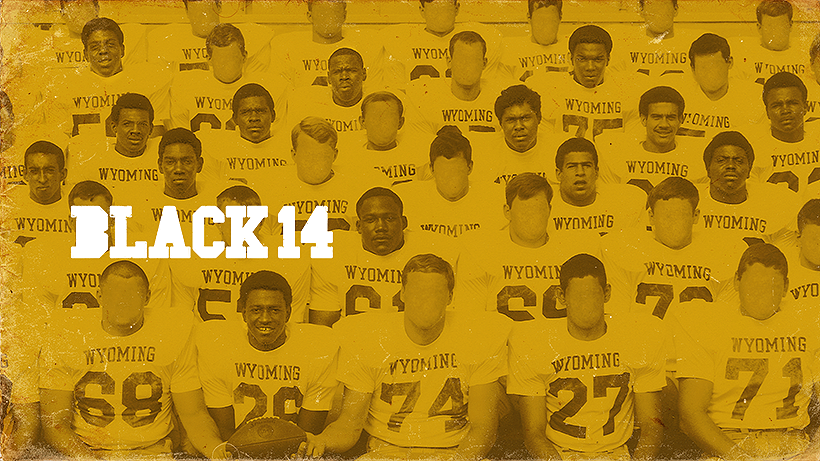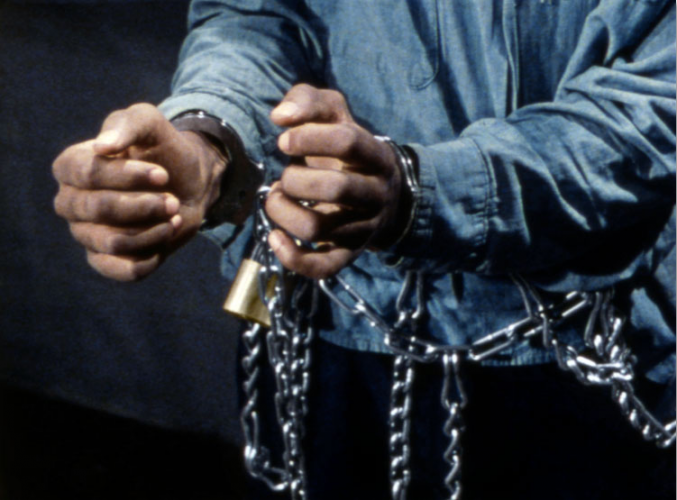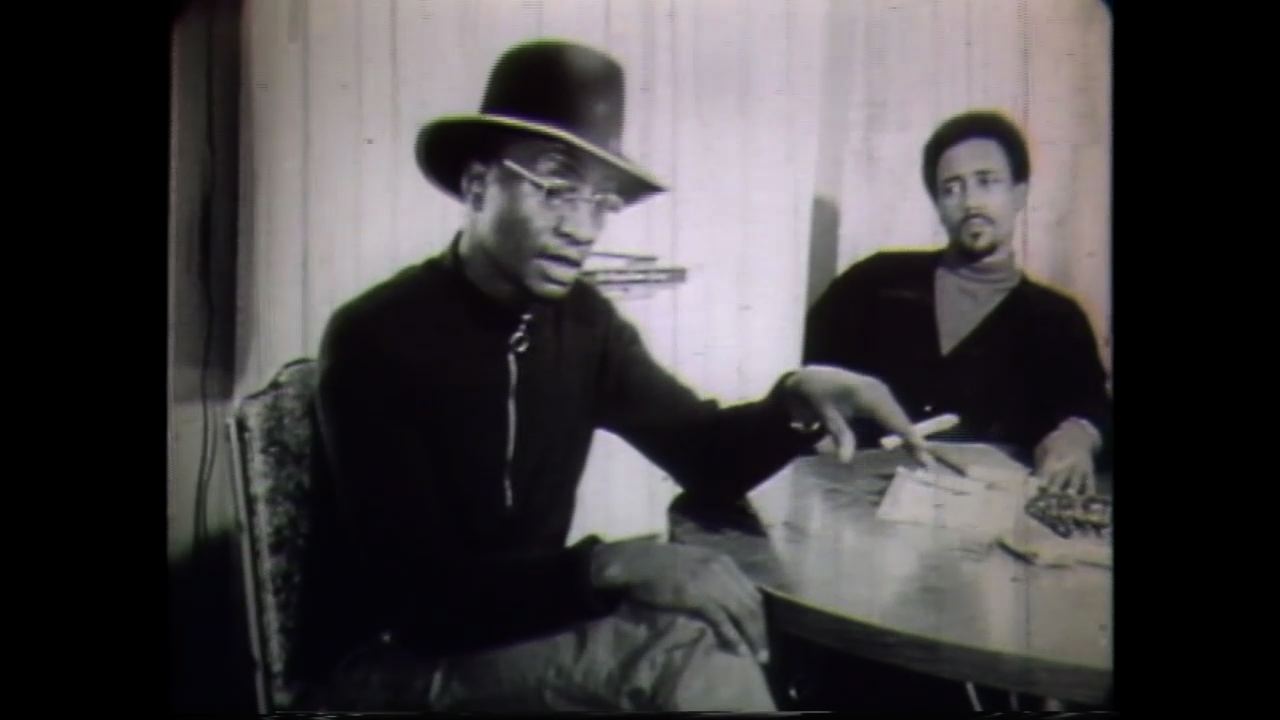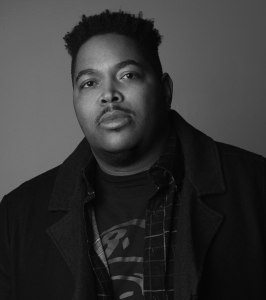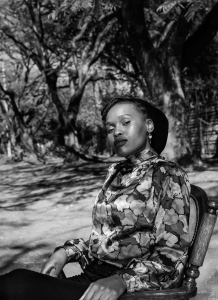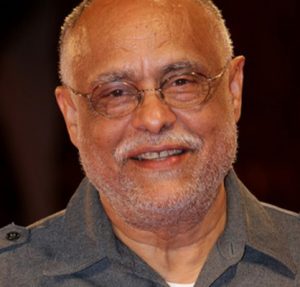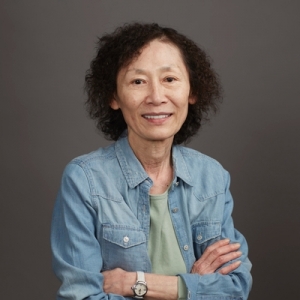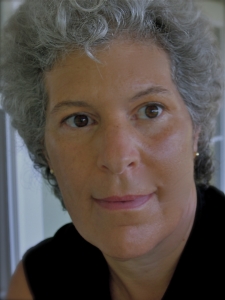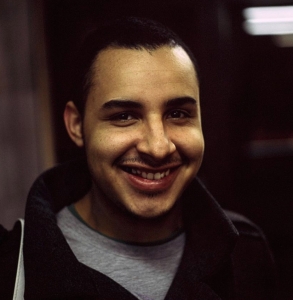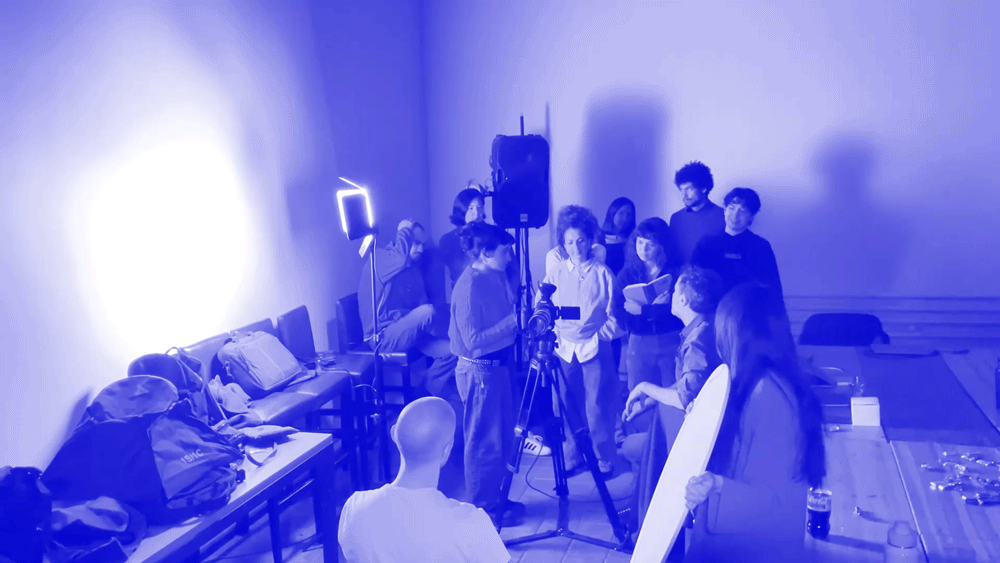Oct 29, 2018 at 7:00 pm
Flaherty NYC’s Aftermath: Institutionalized
Screening to be followed with a discussion with filmmakers Darius Clark Monroe, Christine Choy, Susan Robeson, Ashley Clark, and more special guests.
Note this event is not at UnionDocs!
Co-presented with Third World Newsreel, Screen Studies at Eugene Lang College, the New School and UnionDocs.
Programmed Dessane Lopez Cassell for Flaherty NYC, Institutionalized, asks what are the consequences of challenging an institution as an individual? Institutionalized presents a selection of works that consider the fallout of taking on this daunting, and thoroughly uneven dynamic. Experimenting with form and raising issues of freedom of speech, and the right to protest and demand progress where it has long been denied, these films offer a look back at conflicts both past and present, all of which remain relevant.
Find more details here!
Program
BLACK 14
Darius Clark Monroe, 2018, 15 min., digital.
Black 14 is an archival social study examining white pathology and cognitive dissonance via media coverage of a 1969 racial protest at the University of Wyoming.
FALLING
Sethembile Msezane, 2017, 8 min., digital
Zimbabwe, South Africa and Germany share a common story about the soapstone birds that were taken from Great Zimbabwe. After Zimbabwe gained its independence all the birds, except one, were returned to the monument. ‘Falling’ (2017) is a short film that explores the remaining bird and the mythological belief that there will be unrest until the remaining bird is returned.
The film highlights the student movements (2015-2017) in South Africa and the ‘This Flag’ Movement (2016) in Zimbabwe as the possible effects of harboring a sacred monument such as the Zimbabwean Bird. The conversation of repatriating the bird from South Africa to its rightful home, Zimbabwe, needs to be reopened.
CHILD OF RESISTANCE
Haile Gerima, 1972, 36 min., 16mm
Inspired by a dream director Haile Gerima had after seeing Angela Davis handcuffed on television, Child of Resistance follows a woman (Barbara O. Jones) who has been imprisoned as a result of her fight for social justice. In a film that challenges linear norms of time and space, Gerima explores the woman’s dreams for liberation and fears for her people through a series of abstractly rendered fantasies.
—Allyson Nadia Field, via UCLA Film & Television Archive.
TEACH OUR CHILDREN
Christine Choy & Susan Robeson, 1972, 35 min., digital
Focused on the historic 1971 Attica prison rebellion in upstate New York, Teach Our Children illustrates the conditions that caused prisoners to take drastic steps toward securing their basic rights. The film questions the reactions of prison warden Oswald, New York governor Nelson Rockefeller and President Nixon, as well as the death of 31 inmates and prison guards from bullets fired by the National Guard. Through on-site footage taken during and following the rebellion, and follow-up interviews with inmates, this film relates a powerful message concerning prisoner’s rights and provides an important historical document. A Third World Newsreel production.
Teach Our Children was preserved thanks to the efforts of UC Berkeley Art Museum and Pacific Film Archive, NYU MIAP alumna Pamela Jean Smith and Cinemalab.
94 min.
Darius Clark Monroe (Black 14, Random Acts of Flyness) is a writer, producer and director. Monroe’s collective work has screened at SXSW, BAMcinemaFest, Full Frame, BlackStar, MoMA, Palm Springs, Sundance, New Directors, AFI Fest, Telluride, Tokyo, Uppsala, on HBO, PBS, Netflix, and innumerable galleries, schools, churches, backyards, and random hotel banquet halls. Monroe was born/bred in Houston. Based in Brooklyn.
Sethembile Msezane (South Africa, b.1991) completed her Masters in Fine Art (2017) at the University of Cape Town. Msezane explores issues around spirituality, commemoration and African knowledge systems. Her work has examined the processes of mythmaking which are used to construct history, calling attention to the absence of the black female body in narratives and physical spaces of historical commemoration. She has been widely exhibited across South Africa and internationally, and was included in the inaugural exhibition of the Zeitz MOCAA in Cape Town, as well as the closing exhibition of La Maison Rouge in Paris, and 1:54 Contemporary African Art Fair London and New York.Msezane is an OkayAfrica 100 women 2018 Honoree. She was a TEDGlobal Speaker in Ausha, Tanzania (2017). Msezane is the first recipient of the Rising Light award at the Mbokodo Awards (2016). She is a Barclays L’Atelier Top 10 Finalist (2016).
Haile Gerima is an independent filmmaker and professor of film at Howard University in Washington, D.C. Born and raised in Ethiopia, Gerima emigrated to the United States in 1967. Following in the footsteps of his father, a dramatist and playwright. Gerima studied acting in Chicago before entering the UCLA School of Theater, Film and Television, where his exposure to Latin American films inspired him to mine his own cultural legacy. After completing his thesis film, Bush Mama (1975), Gerima received international acclaim with Harvest: 3000 Years (1976), an Ethiopian drama that won the Grand Prize at the Locarno film festival. [Haile Gerima’s Headshot and Bio are credited of Howard University].
Christine Choy was trained as an architect, receiving her Master of Science degree from the Graduate School of Architecture, Planning, and Preservation at Columbia University. Soon thereafter, her life took a different direction. Christine crossed the country to Los Angeles, studying at the American Film Institute where she earned a Directing Certificate. Christine has produced and directed about seventy works in various forms, receiving over sixty international awards. Among them are numerous fellowships such as the John Simon Guggenheim, the Rockefeller, and the Asian Cultural Council, as well as an Academy Award Nomination for the documentary film, Who Killed Vincent Chen?. Christine has an equally impressive history as an educator, teaching not only at NYU at both the undergraduate and graduate levels, this year once again as Chair of the former, but also at Yale, Cornell, and SUNY Buffalo. She was also a visiting scholar at Evergreen State College, as well as the Oslo and Volda Film Institute in Norway.
Susan Robeson, an author, filmmaker and broadcast journalist, has produced extensively for public television stations and network affiliates in New York City. As executive producer of PBS television in Minneapolis/St. Paul, Robeson managed a documentary unit and transformed the station’s second channel into a model for community empowerment and development. She designed a nationwide citizen journalism initiative for Timor-Leste’s president – Nobel Peace laureate, Dr. Ramos-Horta–to help foster civic engagement and build democracy in this first new nation of the 21st century. Robeson has worked with street gangs around the nation documenting efforts to organize peace treaties, and spent time in post-apartheid South Africa training township activists in broadcast-quality video production. Early in her career Robeson co-founded Third World Newsreel, an independent film production and distribution collective, and for many years produced Like It Is with Gil Noble on WABC-TV. Robeson has been a visiting professor in film, American studies and African American studies at Macalester College, Carleton College, and Colorado College and is currently a guest lecturer at Rutgers University and an adjunct professor in film and communications at William Paterson University. Robeson is the author of the award-winning book, The Whole World In His Hands: A Pictorial Biography of Paul Robeson, and a forthcoming children’s book, Grandpa Stops A War. She lives in the New York City area where she is producing her first dramatic feature film and is Executive Director of the Paul Robeson Foundation.
Ashley Clark is the senior repertory film programmer at BAM, and the programmer of BFI Black Star, which is currently touring internationally. He a contributor to Film Comment, Sight & Sound, and The Guardian, and is a regular guest on BBC TV’s Film show. His first book is Facing Blackness: Media and Minstrelsy in Spike Lee’s Bamboozled (2015).


